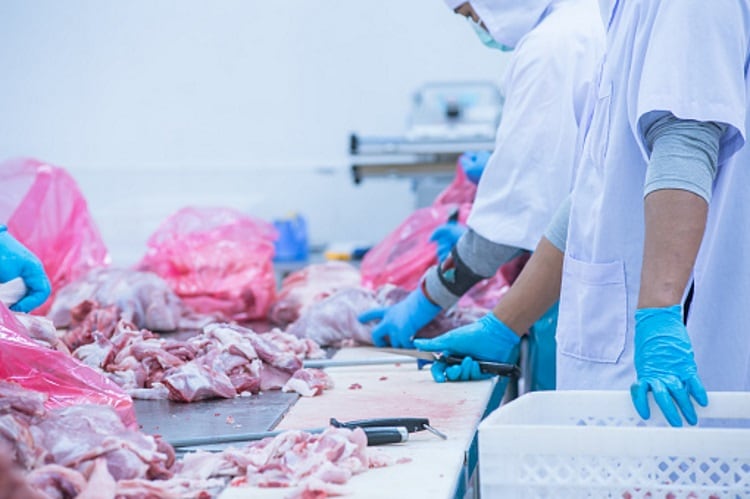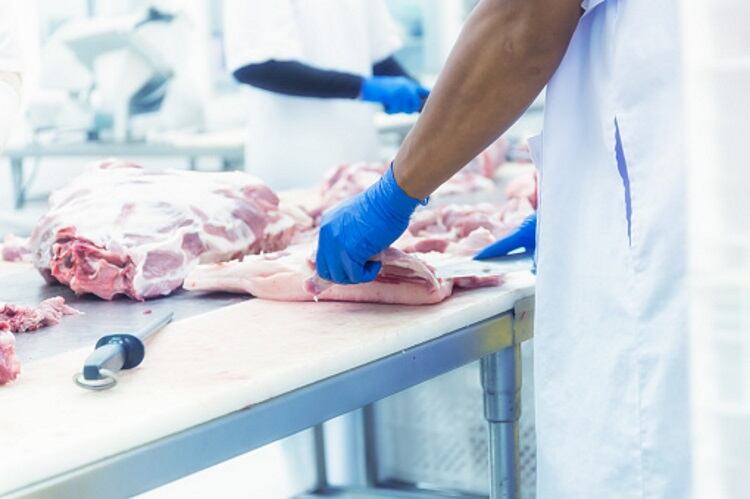Leader of the Labor Party Bill Shorten unveiled a series of pledges to help “protect Australian wages from being undercut and ensure employers are not using overseas workers as a cheap replacement for local workers”.
This included proposals to increase the Temporary Skilled Migration Income Threshold (TSMIT) immediately to AUS$65,000 with annual indexing, up from the current level of AUS$53,900.
AMIC CEO Patrick Hutchinson said promises to increase the wages of overseas workers would put more pressure on the already struggling red meat industry.
“Currently, out of necessity, overseas employees account on average for 3% of red meat processors’ full-time skilled employees and 17% of casual workers,” he said. “Despite this, more than 60% of processing plants are running below capacity and Mr Shorten’s announcement will only negatively impact capacity further, particularly as a pay increase to employees under the skilled migration scheme will add tens of millions of dollars to the red meat industry’s wage bill.
“Clearly, this is too much to bear for an industry that is suffering the burden of continuing drought conditions, unreasonably high electricity prices and excessive government red tape costs.”
Hutchinson said the Australian red meat industry was facing a skills crisis.
“The Australian red meat industry is one of the largest employers in regional Australia and it has been struggling for some time to find local Australian workers to fill vacant positons, particularly among young workers and the long-term unemployed.
“Right now, there are more than 3,780 vacant job positions across Australian meat processing plants. These businesses would prefer to fill them with local workers. Yet, despite considerable advertising, pre-training and structured training programmes with RTOs [registered training organisations], this hasn’t been possible.
“Indeed, in the past year, 73 processing plants advertised for almost 6,500 new workers, which were filled by approximately 4,600 local Australian workers. However, this has failed to fill or even maintain job vacancies at lower levels, particularly as Australian local workers stay on average between one week and six months in the job.”


